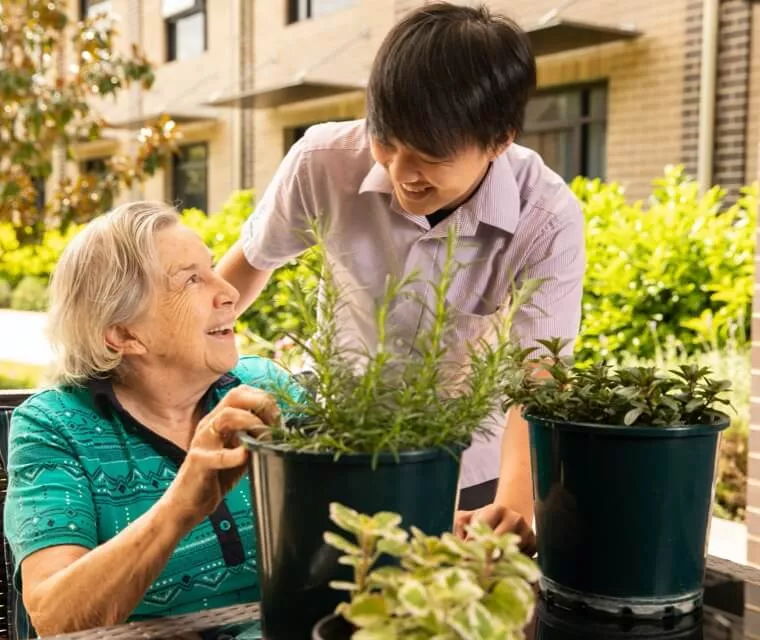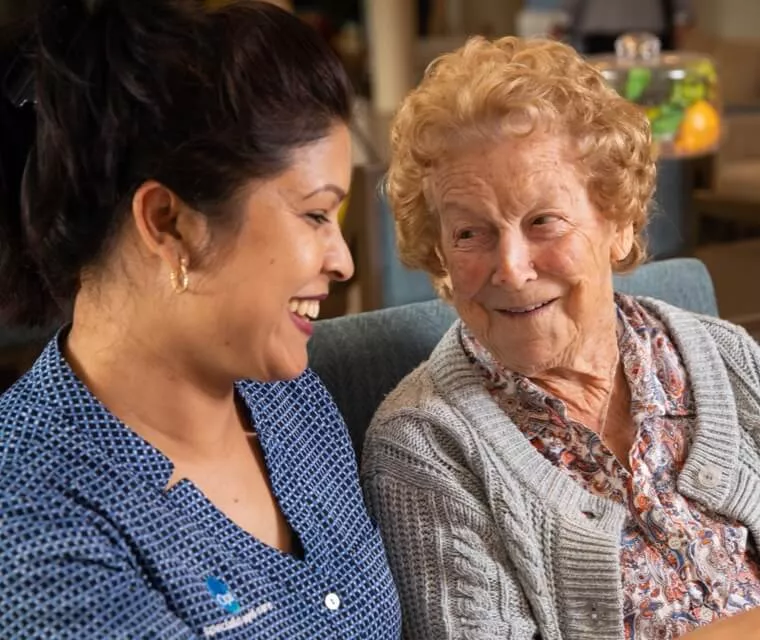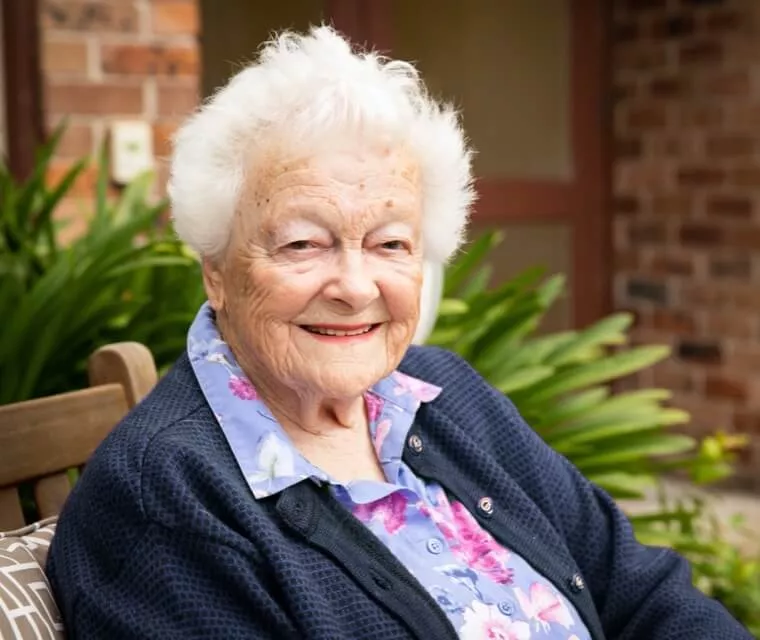The antidote to ageism
8th April 2021 | 4 min
According to the World Health Organization’s (WHO), Global Report on Ageism* released in March, half of the world’s population is believed to hold ageist attitudes towards older people. That’s a sobering statistic and makes ageism a significant global challenge.
Ageism refers to how we think, feel and act towards others based on age. It’s a way of categorising people in ways that may lead to disadvantages. Like many deeply held attitudes, it starts early in life and is reinforced over time. Ageism pervades all aspects of society including the workplace, media, healthcare, social support, and the legal system. While we may think ageism affects only older people, in fact, people of all ages can be impacted.
The WHO report recommends three strategies for combating ageism. They include policy and law; education; and intergenerational interventions.
Intergenerational interventions are among the most powerful ways to address the negative effects of ageism and the benefits are twofold. Not only do intergenerational interventions help reduce ageism against older people, but they have the ability to reduce ageism against younger people as well by resetting long-held perceptions.
Every day in our care communities across Australia, both formal and informal connections take place between the generations. Each interaction chips away little by little at the foundations of ageism, providing the groundwork for connection and understanding.
Springwood Greens Care Community regularly welcomes a parents and babies group. Despite the generational gap, members of the group find they have a great deal in common. Often new parents find themselves in unchartered territory, navigating life with a small child, isolated from their familiar social networks. Similarly, those who have recently commenced a new phase of life in residential care can find themselves with feelings of anxiety at the prospect of building connections in a new environment. Bringing together the generations in this way can help to break down intergenerational barriers by focusing on similarities and shared experiences rather than differences.
Now in its third year, the Seniors and Teens Empathy Program (STEP) at Annandale Grove Care Community has had wonderful success bringing older and younger members of our community together through facilitated engagement sessions. The program encourages story sharing which builds empathy and understanding across the generations. One teacher involved in the program remarked, “The children are so keen to visit their new friends every week and I’ve seen such maturity in their interactions and genuine connections being formed.”
At Alfred Cove Care Community, intergenerational connections are combating ageism while at the same time bridging the cultural divide. Portuguese-speaking residents spend time chatting with Brazilian university students via Zoom, helping to improve the students’ English conversational skills while at the same time getting to know and understand one another. Yvonne, says “I look forward to speaking with my new friend. I’ve even researched where she lives so we can chat about it.”
As the saying goes, “to walk a mile in my shoes, you must first take off your own”. We all have a role to play in combating ageism by contributing to a changing narrative and challenging negative perceptions of ageing.
*World Health Organization (2021), Global Report on Ageism
Start exploring our Care Communities today
Find a Care CommunityOur Care Community stories
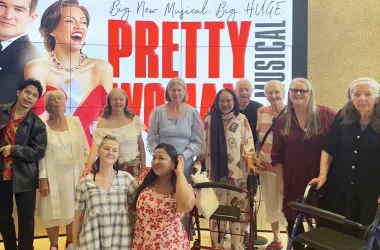
Care Community stories
A special day for residents at Manly Hillside
9th February 2026 | 2 min read
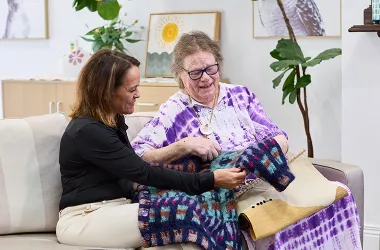
Care Community stories
Adventurous spirit finds new strength in residential care
28th January 2026 | 4 min read
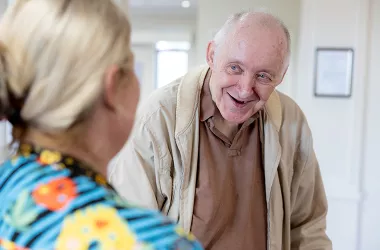
Care Community stories
Finding joy in helping others
22nd January 2026 | 4 min read
